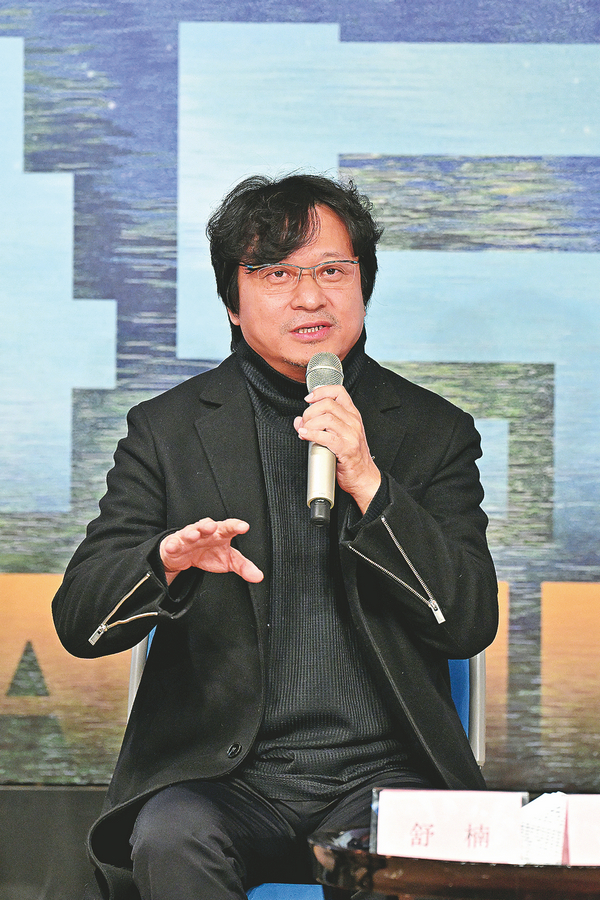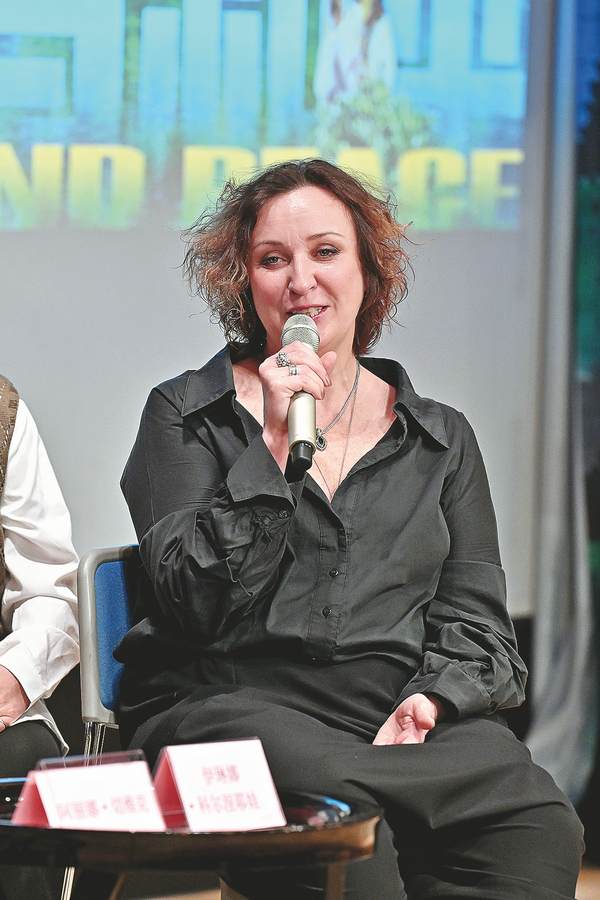

Chevik invited longtime collaborators — choreographer Irina Korneeva, and set and costume designer Vyacheslav Okunev to be part of the production. They had worked together on the Anna Karenina musical.
"I've worked many times with Alina, and we know each other's artistic style and way of working," says Korneeva. "The choreography for this musical is rooted in the Russian classical tradition, and incorporates elements of European court dance, waltz, polonaise and Russian folk dance, reflecting the aristocratic life described in Tolstoy's novel."
"Condensing such a complex story without losing its depth, context and emotional resonance is not easy," says Yu, who also wrote the lyrics for the Chinese adaptation. "War and Peace is deeply embedded in Russian history and culture. To stay true to its origins, the musical adaptation must respect the cultural and historical setting while also making the story appealing to a contemporary audience. This includes depicting Russian aristocracy, military life, and the sociopolitical landscape in a way that feels authentic, but is also understandable and relatable to a Chinese audience.
"What this production offers audiences is a reflection on how to draw strength from life's struggles. No matter what hardships one faces, one must have the courage to continue living. We can find our strength within ourselves, as it is the source of happiness," Yu says.
Shu, who is known for the soundtracks for films, including The Founding of a Republic (2009) and Let the Bullets Fly (2010), composed the songs for War and Peace.
"It's definitely a highlight of my career to write songs for this musical," Shu says. "I tried to write songs that both represent the complexity of each character and move their individual stories forward, while ensuring that the musical numbers are emotionally powerful and thematically relevant. Each character's journey must be distilled into memorable musical moments that resonate emotionally with the audience."
Contact the writer at chennan@chinadaily.com.cn
